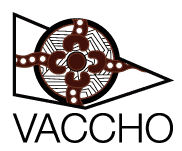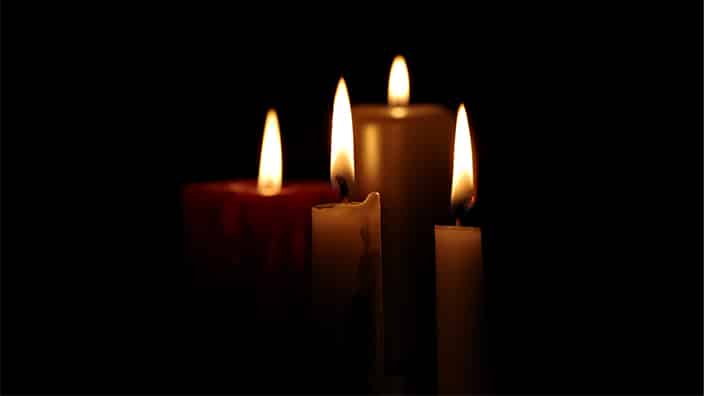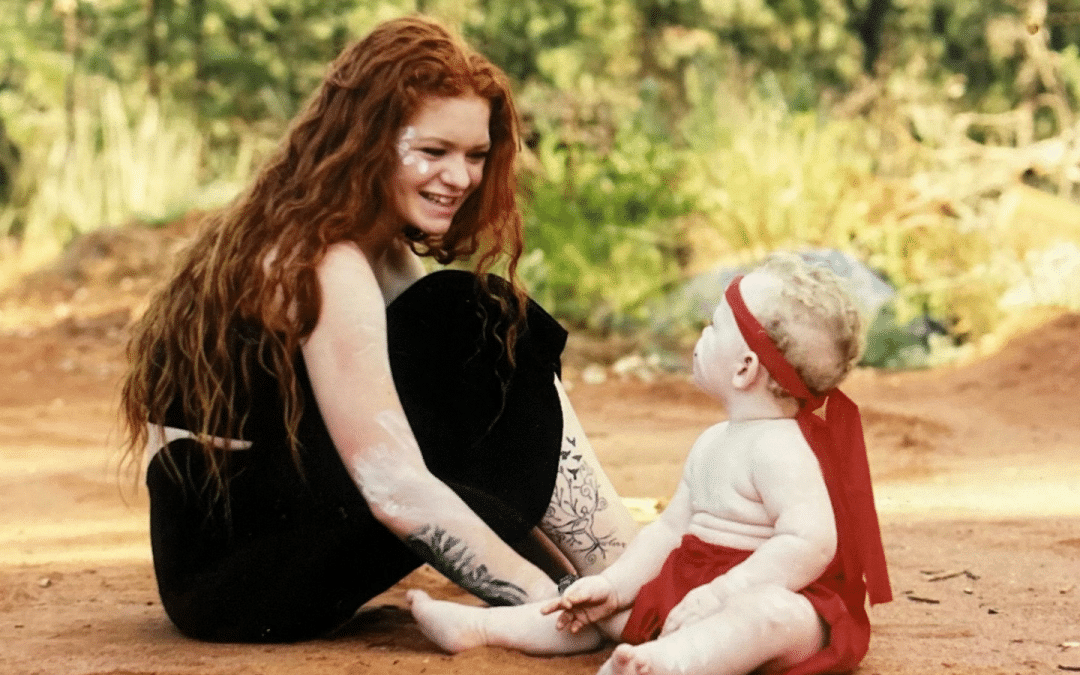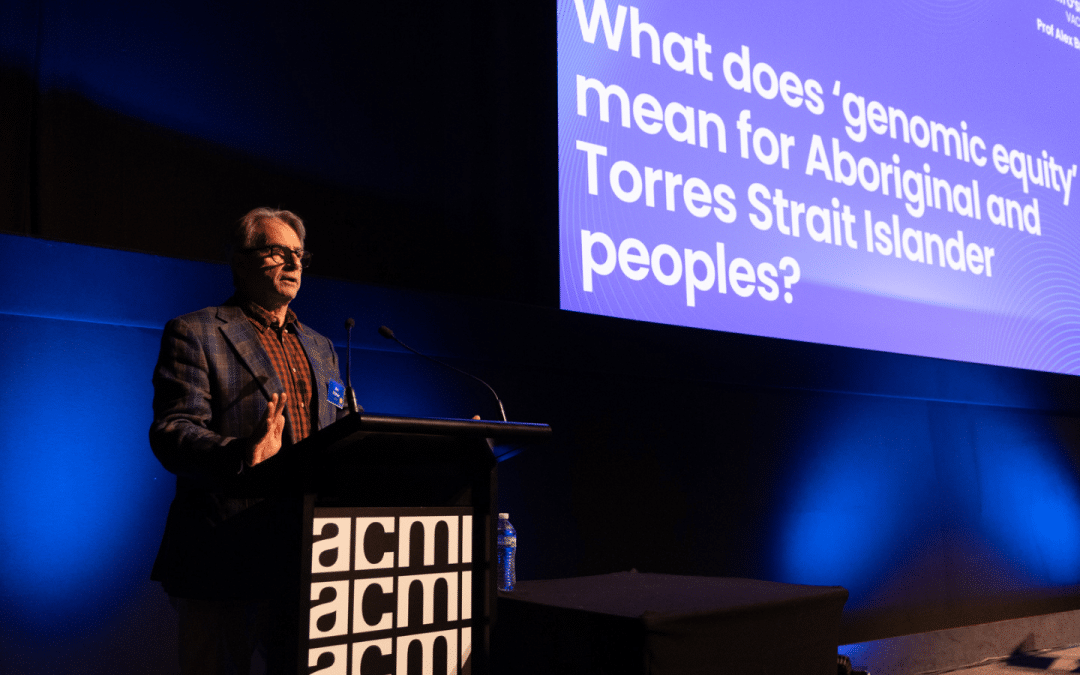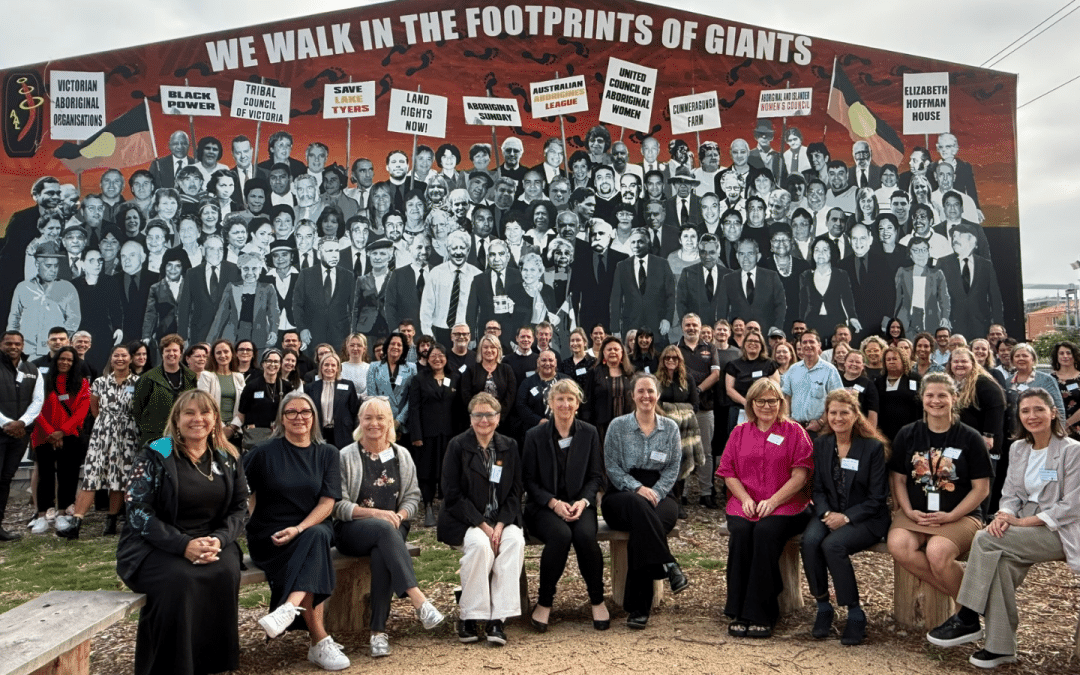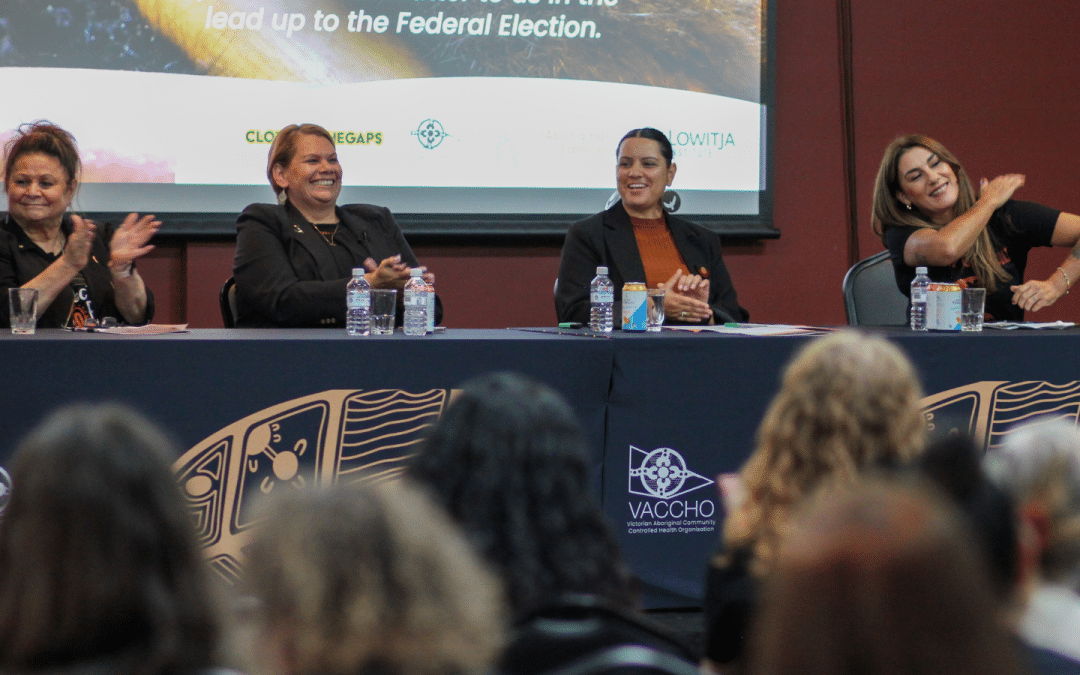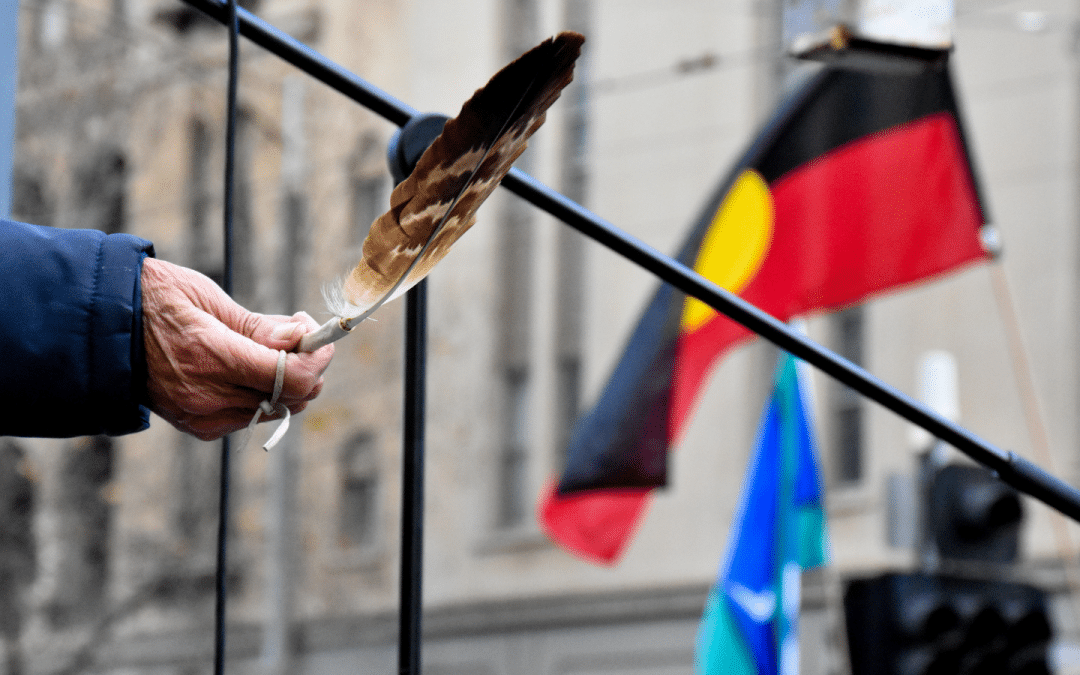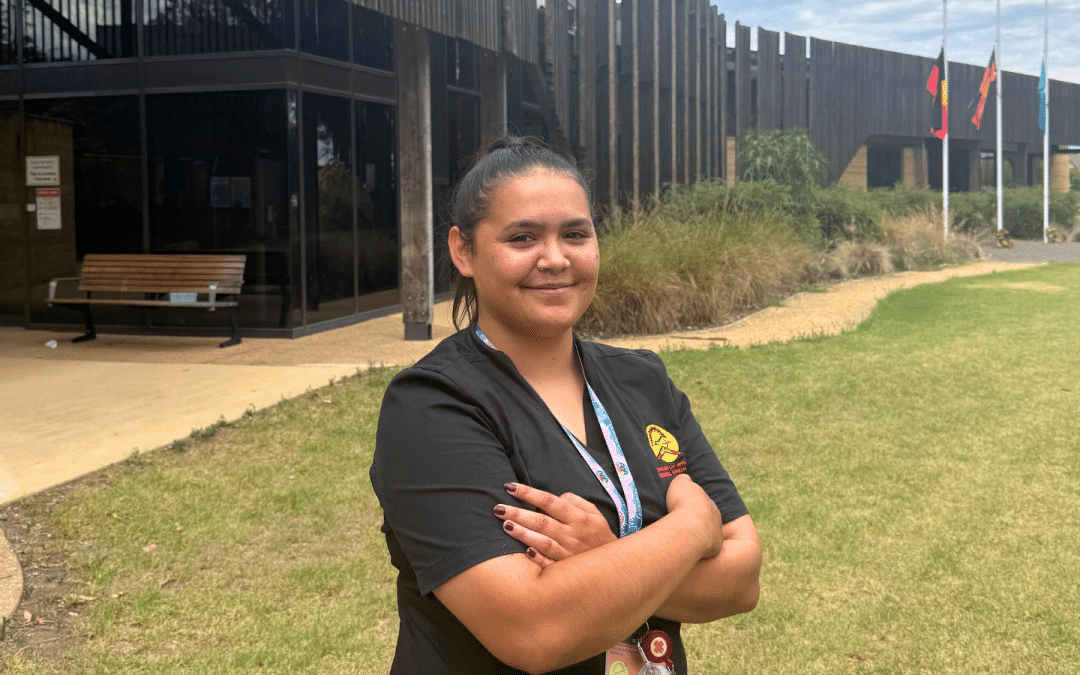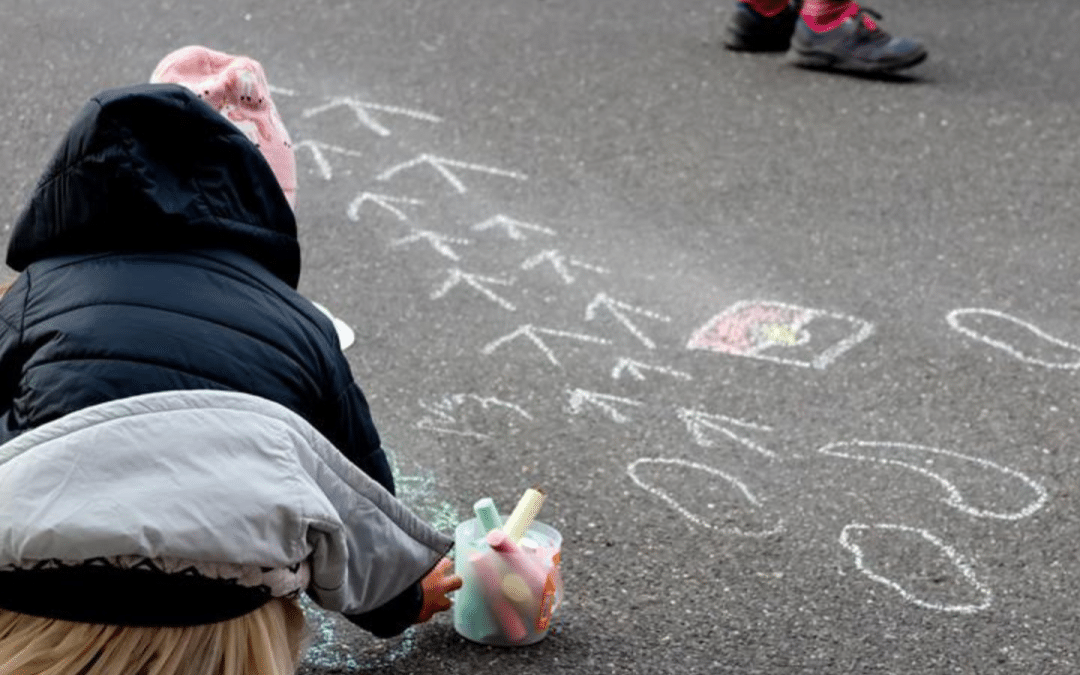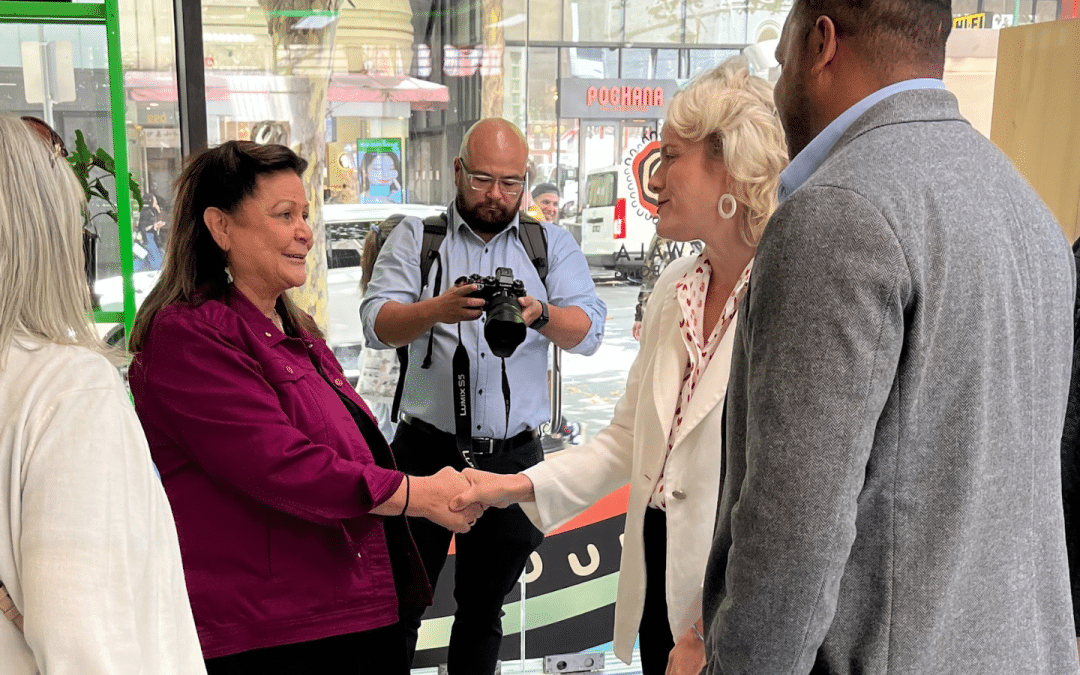VACCHO and the Centre of Excellence for Aboriginal Social and Emotional Wellbeing (the Centre) are extremely disturbed by findings in the new report Suicides of Aboriginal and Torres Strait Islander people, which highlights a 75% increase in Aboriginal and Torres Strait Islander suicides in Victoria in the last twelve months.
VACCHO passes on our deepest respect and condolences to families and communities who are dealing with the devastating grief and loss from this crisis. We acknowledge the Koori Engagement Unit at the Coroners Court of Victoria for bringing this crisis to light through the report.
Findings from the new report reinforce that Victoria’s mental health system is not built for Aboriginal people. The current system does not reflect the needs of Community and we cannot continue to apply a western understanding of mental health to the social and emotional wellbeing of Aboriginal people and communities.
We need to work together however Aboriginal-led approaches are where the remedy lies. Government and health services providers need to take the time to meaningfully listen to the needs and experiences of Aboriginal communities who have the solutions for creating a culturally-safe, sustainable, self-determining mental health system.
It is important we do not reduce those lost to statistics and we are mindful that the numbers represent loved ones with stories of their own. We need to be conscious of the long-lasting impact that grief and loss has on families and communities.
In 2020, VACCHO released Balit Durn Durn, a report that built on the evidence provided to the Royal Commission into Victoria’s Mental Health System and reflecting the voice and experiences of Aboriginal and Torres Strait Islander people in Victoria. As well as building on from initial findings from the Royal Commission’s Interim Report, which captured several submissions from Aboriginal leadership groups and community members.
Balit Durn Durn identified:
experiences of worthlessness, grief, loss, trauma and discrimination
lack of community -led and holistic service models of health and wellbeing
a fragmented funding system that focuses on services rather than people’s holistic needs
a lack of choice in the current service system.
VACCHO continues to advocate to address the disparity in health and wellbeing outcomes between Aboriginal and non-Aboriginal people in Victoria. In light of the data presented in the Coroners Court report and the need for Aboriginal led solutions, VACCHO will be hosting discussion with VACCHO members (32 Aboriginal Community Controlled Organisations across Victoria) and broader Aboriginal services system stakeholders to develop specific solutions to address this crisis.
Jill Gallagher AO | Chief Executive Officer, VACCHO
“These deaths in our community will have a lasting impact, these families and communities will be grieving for a long time and need the time to heal.
“Upon reading this report everyone should stop, reflect and ask themselves: what is your role to play in addressing this alarming crisis? The questions needing to be answered include: how do your ways of working involve Aboriginal people? Is your current service meeting the needs of Aboriginal people? What are your relationships like with Aboriginal stakeholders at a local level?
“The whole service system has a responsibility to ensure that there is no wrong door for our people to access help when required and that assistance will be delivered in a culturally safe way.
“Culture is a critical element to solutions and the needs to be part of the way forward, culture needs to be seen and understood as a protective factor for Aboriginal people, healing and culture need to be core to the way forward.”
Sheree Lowe | Executive Director, Centre of Excellence for Aboriginal Social and Emotional Wellbeing
“As a Victorian Aboriginal person reading this report it is hard not to be incredibly saddened, we need to be listened to and heard.
“The work we are doing at the Centre of Excellence is one way on which we are working towards addressing the system barriers for access and quality of care. The Centre will bring to the forefront the importance of Aboriginal ways of knowing, being and doing.
“Our work, however, does not and will not address the immediate need within our communities and this report should be the catalyst of a call to action – to acknowledge that the current system is failing our communities.”
